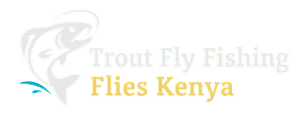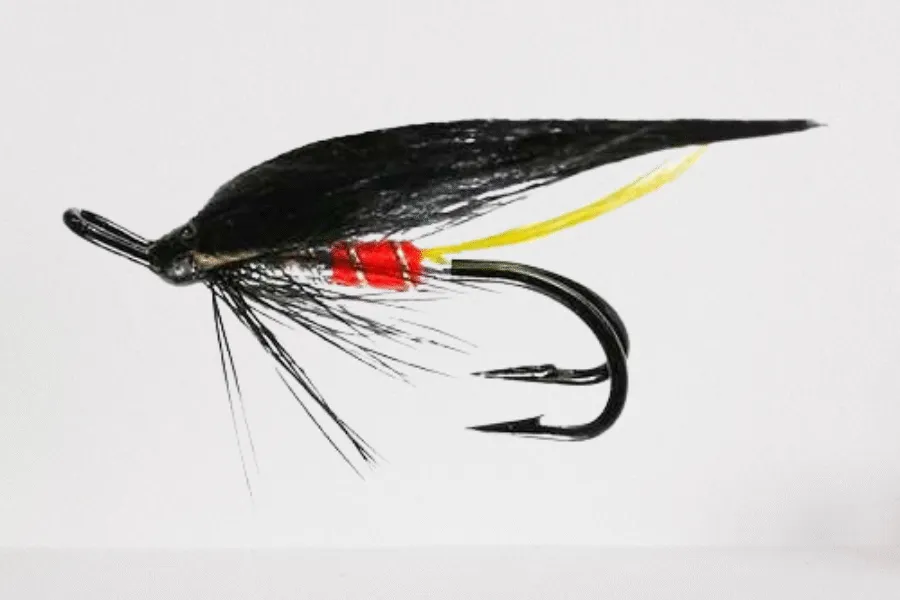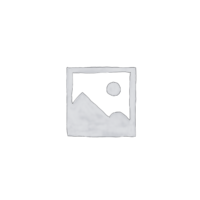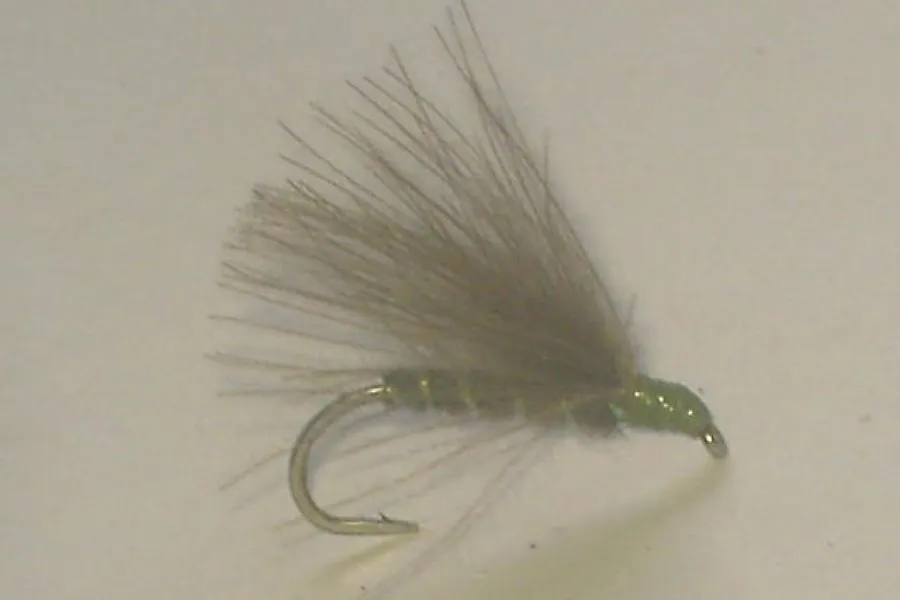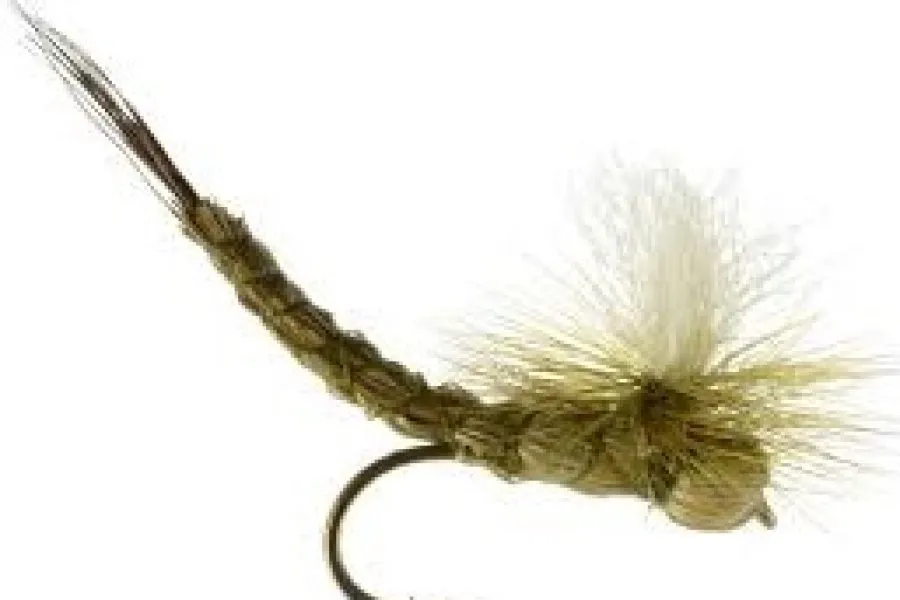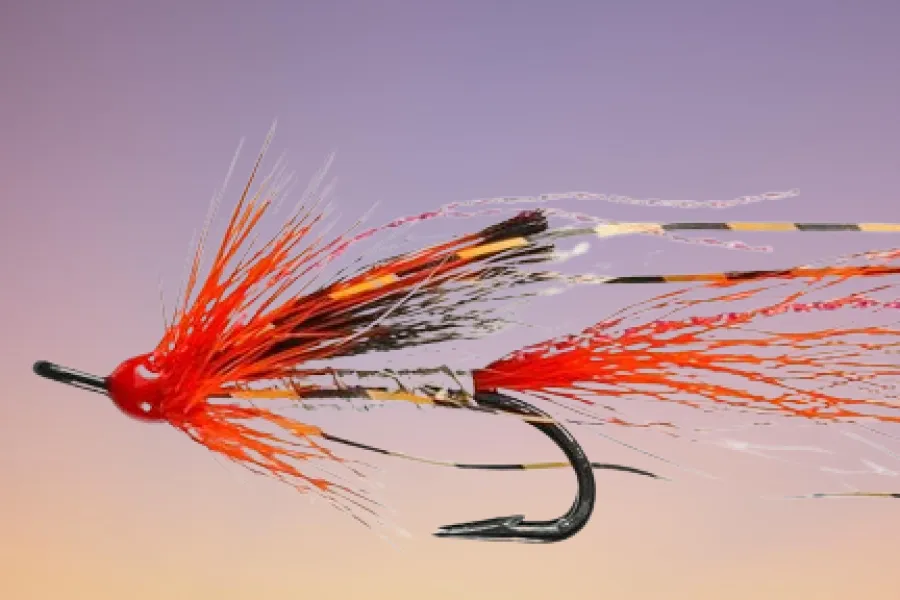Description
Product Overview and Heritage The Beadhead Zebra Midge Black represents the pinnacle of subsurface midge patterns, combining the effectiveness of a weighted beadhead with the proven Zebra Midge design in a classic black coloration. This specialized pattern accurately imitates the various stages of midge larvae and pupae found in freshwater environments. Developed through extensive observation and testing, this pattern has become a staple for serious anglers targeting selective trout.
Design Philosophy and Material Innovation The pattern’s effectiveness stems from its carefully engineered components:
- Premium brass or tungsten bead
- Quality black thread
- Precise wire ribbing
- Exact proportions
- Durable construction
- UV-reactive materials
- Strategic weight distribution
- Enhanced profile design
- Advanced tying techniques
- Natural movement properties
Technical Specifications
Hook Characteristics:
- Standard curved nymph hook
- Available sizes: 16-22
- Light wire construction
- Standard-eye design
- Chemically sharpened points
- Wide gape configuration
- Bronze finish
- Optimal hook strength
- Enhanced penetration design
- Perfect size-to-weight ratio
Material Properties:
- Selected beadhead material
- Premium black thread
- Wire ribbing
- UV-reactive components
- Water-resistant treatments
- Enhanced durability features
- Quality synthetic materials
- Specialized body materials
- Color-fast properties
- Sink rate enhancement
Construction and Tying Process The pattern’s success relies on precise construction methods:
- Balanced proportions
- Strategic bead placement
- Graduated body tapering
- Reinforced thread base
- Material integration
- Enhanced durability features
- Proper wire application
- Body segmentation
- Profile consistency
- Movement optimization
Fishing Applications and Techniques
Presentation Methods:
- Dead drift
- Swing presentations
- Multiple drift speeds
- Depth control
- Pattern suspension
- Drag-free drifts
- Current seam fishing
- Structure targeting
- Cross-current drifts
- Action variation
Specialized Applications:
- Deep pools
- Riffles
- Technical water
- High-pressure situations
- Structure fishing
- Pocket water
- Bank fishing
- Seam fishing
- Drop-offs
- Current breaks
Seasonal Effectiveness
Winter Performance:
- Prime midge season
- Cold water periods
- Peak activity
- Limited feeding windows
- Slow presentations
- Temperature considerations
- Pattern visibility
- Fish holding patterns
- Oxygen levels
- Light penetration
Spring Applications:
- Early season hatches
- Warming waters
- Initial feeding
- Water level variations
- Mixed techniques
- Weather changes
- Pattern selection
- Temperature increases
- Fish movement
- Feeding windows
Summer Strategy:
- Morning/evening fishing
- Deep water refuges
- Temperature changes
- Feeding patterns
- Oxygen levels
- Light penetration
- Fish behavior
- Water conditions
- Current seams
- Structure targeting
Fall Tactics:
- Pre-winter feeding
- Cooling waters
- Changed light conditions
- Transitional periods
- Selective takes
- Pattern visibility
- Fish location
- Temperature drops
- Migration patterns
- Feeding windows
Habitat and Water Types
Water Applications:
- Spring creeks
- Tailwaters
- Mountain streams
- Lakes and ponds
- Clear pools
- Structure areas
- Current seams
- Drop-offs
- Holding water
- Pocket water
Specialized Environments:
- Crystal clear waters
- Stained conditions
- Shallow riffles
- Deep runs
- Complex currents
- Bank structure
- Channel edges
- Boulder gardens
- Undercut banks
- Current breaks
Target Species and Behavior
Primary Species:
- Brown Trout
- Rainbow Trout
- Brook Trout
- Cutthroat Trout
- Grayling
- Whitefish
- Selective Trout
- Technical Water Species
Feeding Behaviors:
- Subsurface inspection
- Selective takes
- Pattern recognition
- Territorial behavior
- Opportunistic takes
- Selective feeding
- Strike triggers
- Visual stimulation
- Lateral line response
- Competitive feeding
Rigging Recommendations
Leader Setup:
- 9-12 foot leaders
- 6X-7X tippet
- Tapered leaders
- Fluorocarbon options
- Loop-to-loop connections
- Delicate presentation
- Proper stiffness
- Knot strength
- Breaking strain
- Abrasion resistance
Presentation Options:
- Single fly rigs
- Double nymph rigs
- Multiple fly systems
- Traditional methods
- Modern techniques
- Line matching
- Leader design
- Tippet selection
- Weight placement
- Depth control
Professional Applications
Guide Usage:
- Client-friendly pattern
- Proven success rates
- Visibility advantages
- Easy presentation
- Multiple techniques
- Teaching tool
- Confidence pattern
- Versatile applications
- Durability
- Hook-up ratio
Competition Usage:
- Tournament proven
- Technical water success
- Pressure adaptation
- Quick-change capability
- Consistent performance
- Depth control
- Pattern rotation
- Size variation
- Color selection
- Presentation options
Care and Maintenance
Post-Fishing Care:
- Thorough drying
- Material grooming
- Hook point inspection
- Bead security check
- Wire preservation
- Storage preparation
- UV protection
- Pattern inspection
- Material maintenance
- Shape verification
Storage Requirements:
- Dry environment
- UV protection
- Separate compartments
- Regular inspection
- Moisture prevention
- Temperature control
- Light protection
- Ventilation needs
- Box organization
- Inventory management
Advanced Fishing Methods
Presentation Techniques:
- Drift variations
- Depth control
- Strike detection
- Drift management
- Current reading
- Structure approach
- Pattern tracking
- Recovery methods
- Angle optimization
- Tension control
Water Reading:
- Current understanding
- Depth assessment
- Structure location
- Fish holding areas
- Presentation angles
- Feeding lanes
- Travel routes
- Rest areas
- Temperature breaks
- Current seams
Environmental Considerations
Conservation Features:
- Barbless options
- Sustainable materials
- Durable construction
- Catch-and-release friendly
- Minimal environmental impact
- Eco-conscious design
- Material selection
- Ethical considerations
- Resource protection
- Species conservation
Material Selection:
- Responsible sourcing
- Quality components
- Natural elements
- Ethical production
- Sustainable practices
- Environmental impact
- Material longevity
- Waste reduction
- Local materials
- Eco-conscious design
Additional information
| Hook size | 16, 18, 20, 22 |
|---|---|
| Hook type | Barbed Hooks, Barbless Hooks |
